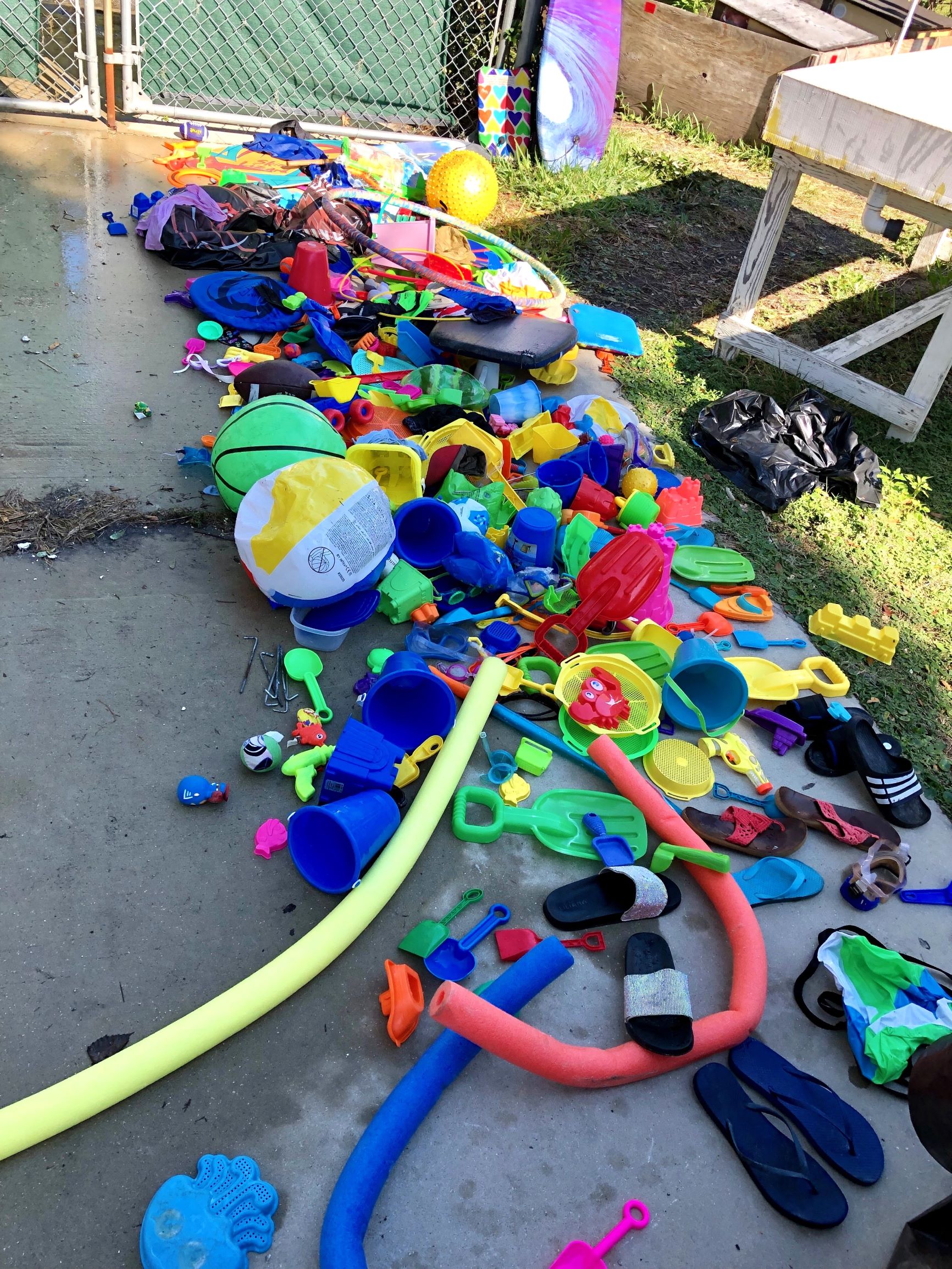By Katherine Doherty, GSTC Research AmeriCorps Member and
Dr. Tom Radzio, JIA GSTC Research Ecologist
For many visitors to Jekyll Island the issue of marine debris may not spring to mind thanks to ongoing efforts of the Jekyll Island Authority (JIA) and countless volunteers. In 2013, the Georgia Sea Turtle Center (GSTC) initiated a marine debris volunteer program on Jekyll Island. In addition to coordinating regular clean-up events, ongoing monitoring efforts allow us to understand the specific marine debris issues that Jekyll faces. By encouraging use of University of Georgia’s Marine Debris Tracker App, everyone can contribute to the greater understanding of marine debris worldwide. Even while facing the challenges of COVID-19, there has been a huge push by the Jekyll Island Authority, GSTC, and individuals in the community to continue keeping the beaches clean. In 2020, over 30,000 pieces of marine debris were collected and recorded on Jekyll Island using the tracker app.
Marine debris initiatives on Jekyll Island span the GSTC’s mission of rehabilitation, research, and education. For example, when turtles are found with ingested fishhooks, the GSTC works to carefully remove them and collect data to better understand the problem and contribute to future solutions. The GSTC is collaborating with scientists from other institutions to understand this issue and others, such as microplastic in sea turtle nesting beaches, on a global scale. The Center also pursues other efforts that extend our reach into the local community. For example, Sea Turtle Patrollers often find children’s toys on the beach. Rather than being thrown away, these toys are collected and shared with children that are in need.
The conservation and education work of the GSTC could not be accomplished without the ongoing support of the Jekyll Island Foundation and its donors. Most recently, a new UTV was purchased for turtle nesting season patrols, marine debris efforts, and much more. To support the work of the Georgia Sea Turtle Center, click HERE and add “GSTC” into the comments. To join in or learn more, visit the GSTC’s Marine Debris program.
